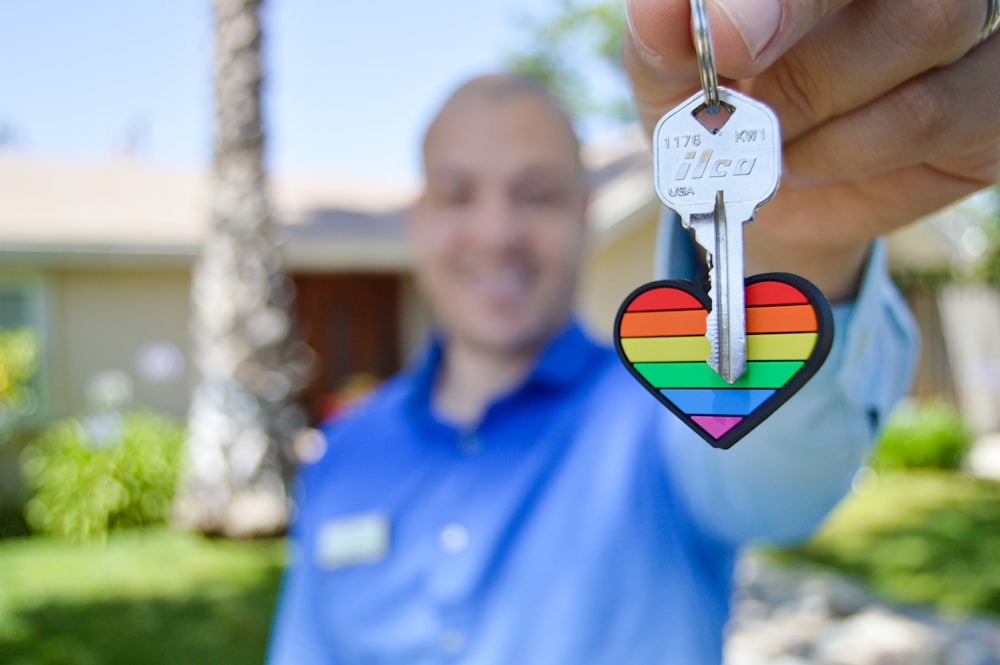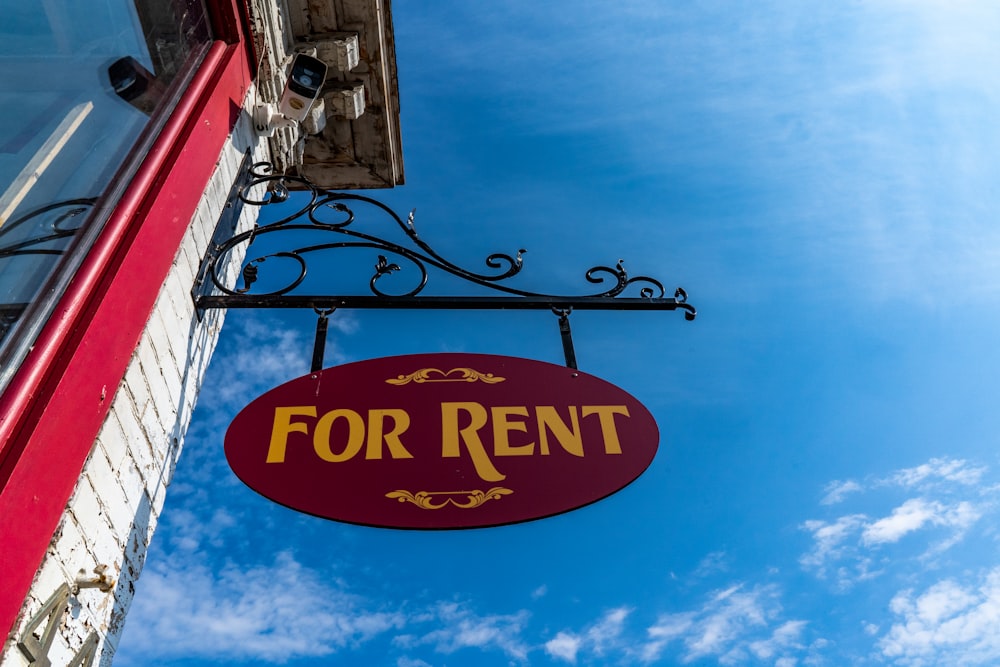While a handful of states don’t have any requirements, most property managers are required by law to hold a property management license or a real estate broker’s license in order to conduct real estate transactions. This encompasses activities surrounding managing and leasing rental properties. If you are considering property management as a profession, you may be asking: What are the different types of property management licenses, and how should I choose between the different options?
Highly regarded property managers have a certain degree of professionalism and expertise, generally indicated by state-specific licensures. Gaining a formal license indicates that a person has education, experience, reliability and a deep knowledge of the industry – all necessary qualifications for the important job of acting as the liaison between renters and rental property owner. Because there are specific business practices and landlord-tenant laws established by the state, it is important that every property manager understand and follow these regulations fully. Licensure helps to ensure that this is the case.
It is important to research the requirements specific to the state you live in or the state in which you manage rental properties. The licensing process can be confusing as many required real estate licenses may not appear to be specific to property management, but they do include activities relevant to property management like collecting rent, advertising rental properties, preparing and negotiating rental agreements and showing properties to prospective tenants.
Types of property management licenses
Real Estate Broker
Most of the key components of property management are considered to be real estate activity under state law, which is why a real estate broker’s license is the most common accreditation needed for property management activity. In many states, any individual or business that participates in the rental of real estate or who lists available real estate must have a real estate broker’s license.
There are specific requirements from state to state in order to obtain a broker’s license, including minimum age, required classroom hours and a broker’s exam. Some states require additional screening like proof of residency. In some cases, a broker’s license may not be required for an on-site manager who works at only one location under an employer’s license. Individuals involved in the administration, finance or maintenance side of a property management business may not need to be licensed individually depending on how the business is structured.
Property management
Depending on the state in which you are doing business, a broker’s license may not be enough. Some states prefer a specific property management license for those engaging in business related to leasing and managing rental properties. There are similar, though less comprehensive, requirements for this license including minimum age requirements, coursework and a property manager’s exam. Most of the time, it is not necessary to hold both a broker’s license and a separate property management license, but this is not always the case.
Not holding the relevant license can have serious ramifications. For example, if your landlords or tenants find out or something goes wrong in a property you are managing, and your unlicensed status is consequently revealed, you could be sued for damage and penalized by the governing body.
For example, it is unlawful to conduct any unlicensed real estate activity in the State of California, and anyone caught doing so can be sued in the California small claims court, fined and essentially put out of business – at least until they obtain the necessary licenses.
Real estate agent or salesperson
What some may not know is that an agent’s license is different from a broker’s license in the real estate world. In some states, those who only hold a real estate agent or salesperson license can work as a property manager as long as they are doing business under an employer’s real estate broker’s license. This typically requires educational courses, a real estate exam and a fee. Most broker’s licenses require the licensee to have property management experience as a real estate agent before they can move up to a broker’s license.
Leasing agent
While less common, there are some real estate boards who have licensure directly related to residential leasing activities. This kind of license requires a minimal amount of educational hours and a leasing agent exam. Licensed leasing agents must be sponsored and employed by a licensed real estate broker.
Next steps
Once you have decided which license makes the most sense for your individual or business needs and determined that you meet all eligibility requirements, the next step is to register with your state board and follow their instructions. You’ll need to complete any education courses and then take and pass your exam in order to obtain your license. Many exams require a fee. Depending on which license you are pursuing, you may be required to complete a background check after your exam that dives into your criminal record. Most states will not grant a license to anyone who is under indictment for forgery, theft, extortion, conspiracy to defraud or any other felony charges.
Most licenses will need to be renewed over time, which typically involves a continuing education component to ensure all property managers are complying with the most up-to-date laws, regulations and best practices.
There are additional certifications that property managers may wish to attain, such as a National Apartment Leasing Professional certification or a Certified Property Manager designation.
Final thoughts
Always reach out to your local real estate commission for specific guidelines related to property management and residential leasing activities for business. If your business continues to grow and you plan to develop a property management company or corporation, a separate or additional license may be required. Property managers can advance their credibility and put themselves a step ahead of the competition by acquiring additional management certifications within the property management industry.



